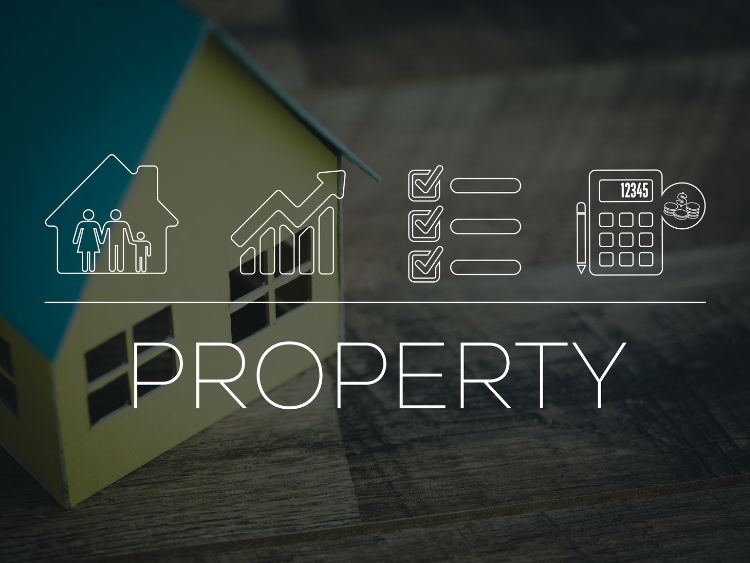Are you knee-deep in the complexities of managing your property or properties? Whether you’re a seasoned property owner or a newcomer to the game, effective property management can feel like a tightrope walk. But don’t worry, you’ve got this—and we’re here to help! In this in-depth guide, we’ll break down the essentials of property management, offering practical advice, savvy tips, and some industry secrets to help you navigate this challenging yet rewarding field.
Understanding Property Management
Property management involves the oversight and operation of real estate, whether it’s residential, commercial, or industrial. This field demands a mix of skills from marketing and leasing to maintenance and tenant relations. Good property managers don’t just keep their properties running smoothly—they also maximize profitability while maintaining happy, safe environments for tenants.
Key Responsibilities of a Property Manager
To truly understand what this role entails, let’s dive into the primary responsibilities of a property manager:
- Tenant Management: This includes finding and screening tenants, managing leases, handling complaints, and overseeing move-outs and evictions.
- Maintenance and Repairs: Ensuring the property is in top shape, from regular upkeep to addressing urgent repair needs.
- Budget Management: Overseeing operational expenses and possibly renovating projects to increase property value.
- Legal Compliance: Keeping up with landlord-tenant laws, property standards, and local bylaws.
How to Become a Property Manager
Becoming a top-notch property manager requires a mix of education, experience, and personal skills. Typically, property managers have a background in real estate or business administration, coupled with certifications in property management. Experience in customer service, negotiation, and conflict resolution is also tremendously beneficial.
Strategies for Successful Property Management
Property management isn’t just about fixing leaky taps or collecting rent—it’s about strategic administration that enhances property value and tenant satisfaction. Here are some golden rules to follow:
- Stay Proactive with Maintenance: Don’t wait for things to break. Regular inspections and maintenance can save you a lot of headaches and costs down the line.
- Understand Your Tenants’ Needs: Keep communication channels open. Understanding and addressing tenant concerns promptly can lead to longer stays and less turnover.
- Leverage Technology: From digital lease signing to online rent collection, technology can streamline many aspects of property management.
- Market Your Properties Effectively: High-quality photos, engaging descriptions, and smart online marketing strategies can fill vacancies faster.
Choosing the Right Property Management Software
In today’s tech-driven world, selecting the right software is crucial. Look for features that fit your specific needs, such as:
- Tenant screening and leasing tools
- Maintenance request tracking
- Financial reporting and rent tracking
- Communication portals for tenants
Challenges in Property Management
No doubt, property management comes with its fair share of challenges. From handling emergency repairs at midnight to dealing with difficult tenants, the job can test your patience and skills. Effective problem-solving and strong interpersonal skills are essential to navigate these waters smoothly.
Legal Hurdles
Understanding and complying with the laws can be daunting. Regular updates to landlord-tenant laws may require you to adjust your management practices or face hefty penalties.
FAQs in Property Management
Q: How often should I perform property inspections? A: At least once a year for formal inspections, but more frequent checks can help identify issues before they become serious problems.
Q: What’s the best way to handle tenant disputes? A: Maintain professionalism, listen to all sides, and strive for fair resolutions. Sometimes, bringing in a mediator can help.
Q: Can technology replace a property manager? A: While technology can enhance efficiency, the personal touch and expertise of a skilled property manager are irreplaceable.
Conclusion
Property management is both an art and a science. It requires a blend of technical skills, people management, and a dash of intuition. By staying informed, proactive, and responsive, you can master the complexities of this field and turn property management into a rewarding aspect of your real estate investment.

